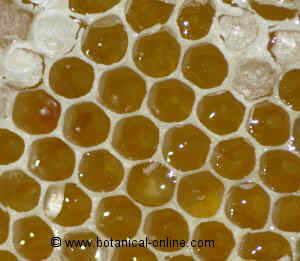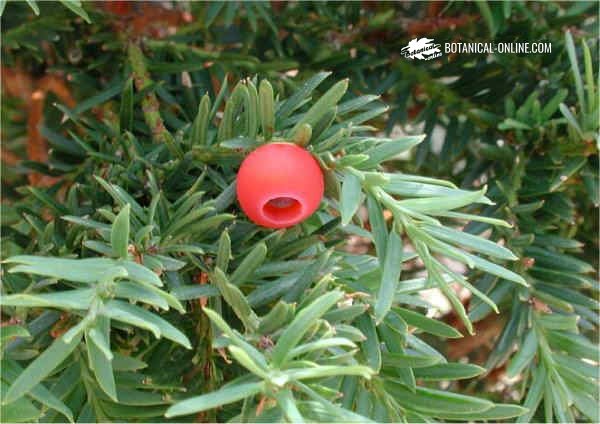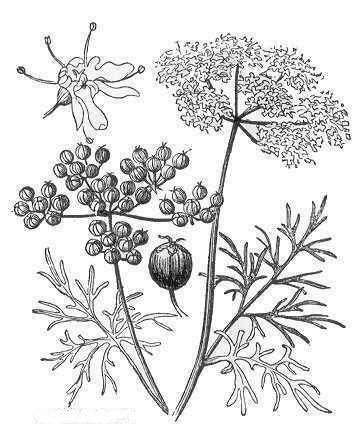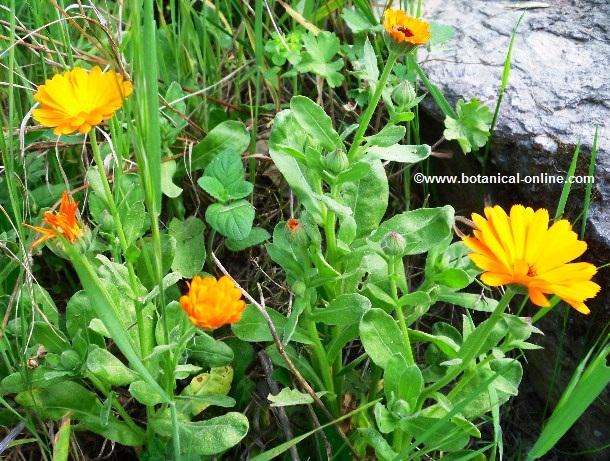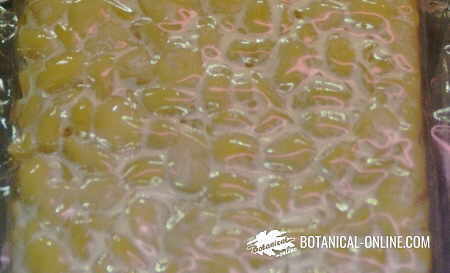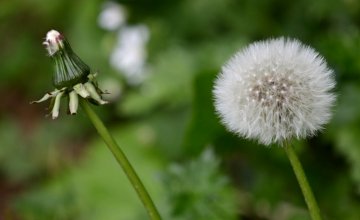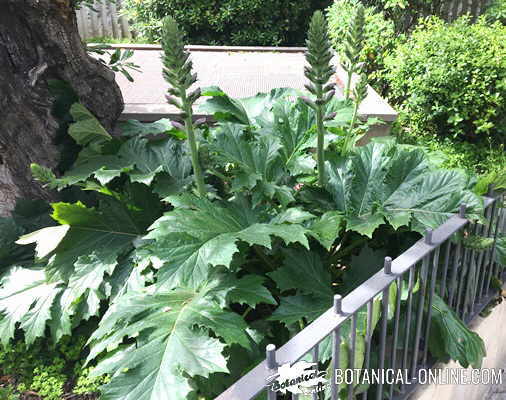Contents
Herbal treatment for tachycardias
Phytotherapy: Medicinal plants preparations for tachycardias
Phytotherapy in the treatment of tachycardias can complement conventional treatment prescribed by your doctor.
Given the danger of some tachycardias and possible incompatibilities or interactions with prescribed medication, you should talk with your doctor whether or not the application of these treatments!.
Medicinal plants for tachycardias
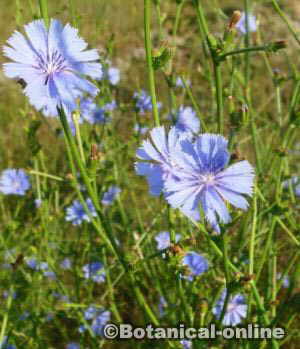
– Chicory (Cichorium intybus) It favors blood-circulation by making blood more fluid and allowing it a better travel through the veins and arteries. So it is a good remedy for hypertension, cholesterol or angina pectoris.. At the same time it helps us to eliminate possible fat concentrations and toxins from the vessels. Also, by the action of inulin, it reduces blood pressure, being very suitable to hypertensive people.
Studies conducted on animals have shown that this plant can lower heart rate, so it might be interesting to use in people with tachycardias. (Infusion of a spoonful of shredded chicory root per cup of water. Take two cups per day) (See possible contraindications or toxicity in the general study of the plant)
– Linden (Tilia x europaea) To relax the heart muscle and restore normal heart rhythm. (Infusion with half teaspoon of dried flowers per cup of water. Take a couple of cups a day) (Infusion of a teaspoon mixed in equal parts mixture of linden, lemon balm and valerian. Take two cups a day)
– Asparagus (Asparagus officinalis) (Decoction of buds. About 60 g per liter of water. Do not take if kidney problems or in case of nervousness.)
– Celery (Apium graveolens) To regulate the heart rate can take about 30 gr. seed powder, divided into 3 doses daily
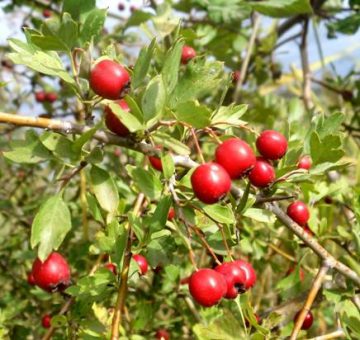
– Hawthorn (Crataegus monogyna / Crataegus oxyacantha) with cardio-cleansing properties and helps to regulate heartbeat. (Infusion of a spoonful of dry leaves twice a day for a couple of months.)
Administered in adequate doses, it generally presents no contraindication. In high doses it can convey decreased heart rate, arrhythmia, respiratory depression and hypotension.
It can produce unpleasant effects on people with allergies to the Rosaceae.
Do not give to pregnant or lactating women.
Using this plant, combined with stress or medications for heart, can intensify their effects too much, so that the physician should assess the suitability of its application and the appropriate dose.
Being a plant that affects an organ as delicate as the heart, it is best to consult with your doctor before starting treatment.
– Lemon Balm (Melissa officinalis) in the palpitations of nervous origin, lemon balm has the property to soothe the heart muscle and restore normal heart rhythm. (Infusion of a tablespoon per cup of water for 15 minutes. 3 or 4 glasses per day)
The essential oil is discouraged in pregnancy because it can cause abortions. Nor is it appropriate in infancy. It’s a slightly narcotic plant in low doses, but it is dangerous when used in high doses.
Used externally, can cause irritation in contact with the light, so it is advisable to cover the affected area of contact of light and not use in case of prolonged exposure to sunlight, specially in high mountain.
– Motherwort (Leonurus cardiaca) (Decoction for 6 minutes of 125 g of f dried leaves per liter of water. Drink a cup before bedtime)
![]() More information about tachycardias natural treatment.
More information about tachycardias natural treatment.

